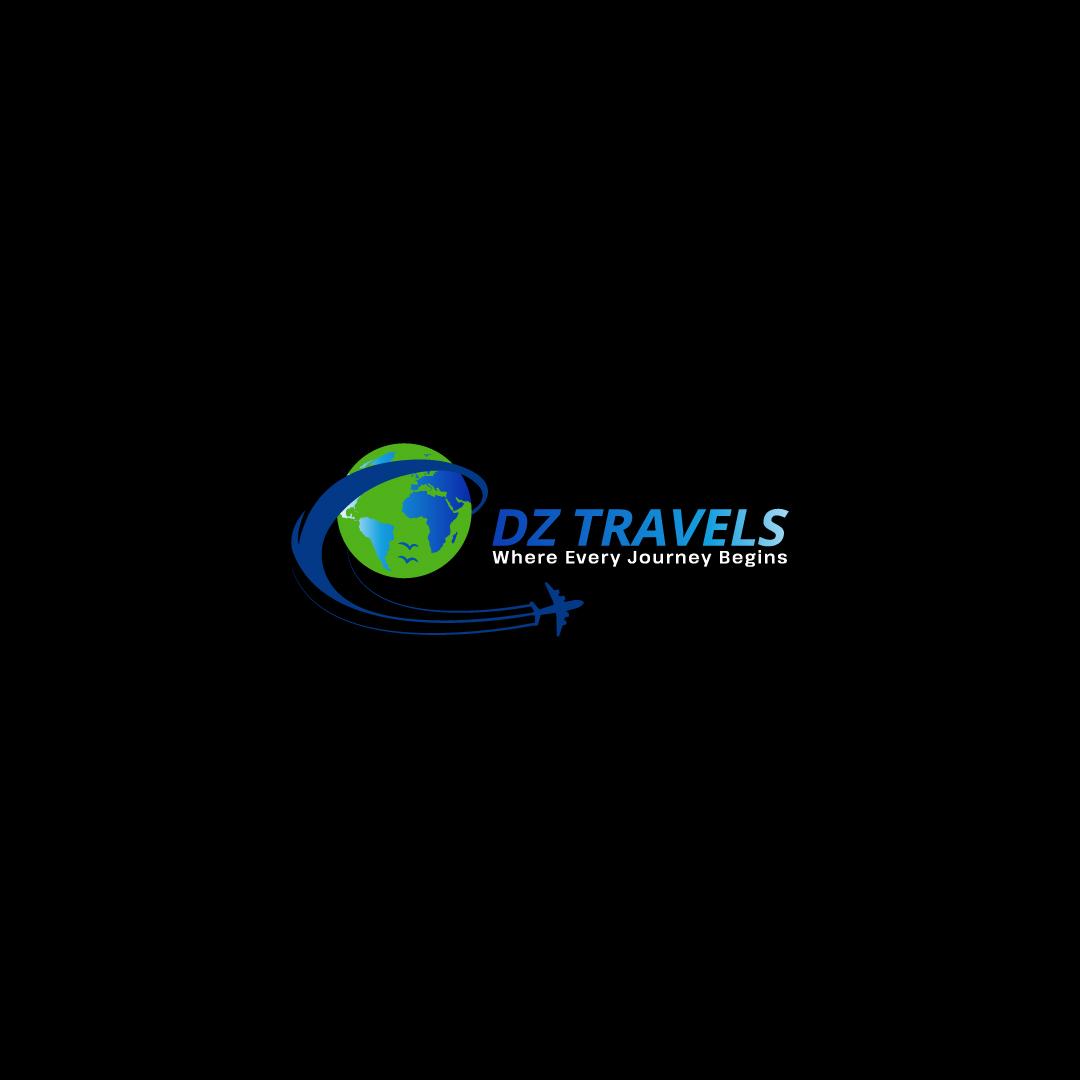Travel and Tourism Guide for Visiting France
France, the land of romance, art, and culture, is a dream destination for many travelers. From the iconic Eiffel Tower in Paris to the lavender fields of Provence, France offers a diverse range of experiences. If you’re planning to visit France, this guide will help you navigate the travel requirements and prepare for an unforgettable journey.
Documents Required for Traveling to France
To enter France, Every tourist must ensure they have the following documents:
1. Valid Passport
Your passport must be valid for at least three months beyond your intended departure date from France.
Ensure it has at least two blank pages for visa stamps.


2. Schengen Visa
France is part of the Schengen Area, which means visitors from outside the Schengen zone will need to apply for a Schengen Visa.
The Schengen Visa allows you to travel freely within all 27 Schengen countries for up to 90 days within a 180-day period.
3. Visa Application Requirements
Completed Schengen visa application form.
Two recent passport-sized photographs (35mm x 45mm, white background).
Travel itinerary, including flight reservations (round-trip).
Proof of accommodation (hotel bookings or invitation letter from a host in France).
Travel insurance covering at least €30,000 for medical emergencies and repatriation.
Bank statements for the last three to six months to prove financial stability.
Employment letter (if employed) or proof of business (if self-employed).
For students, a letter from the educational institution.
Visa application fee (approximately €80 for adults, €40 for children aged 6-12).


4. Proof of Financial Means
You must demonstrate that you have sufficient funds to cover your stay in France. The required amount is approximately €120 per day for the duration of your trip.
5. Travel Insurance
Travel insurance is mandatory for Schengen visa applications. Ensure it covers medical emergencies, hospitalization, and repatriation.


6. Flight Itinerary
Provide a confirmed or reserved round-trip flight ticket.
7. Additional Documents
If visiting family or friends, include an invitation letter from your host in France.
For business trips, provide a letter from your employer and an invitation from the French company.

Travel Tips for Tourists Visiting France
Best Time to Visit
Spring (April to June) and Fall (September to November) are ideal for pleasant weather and fewer crowds. The summer months (July and August) can be quite busy, especially in tourist hotspots.
Currency
France uses the Euro (€). While credit cards are widely accepted, it’s advisable to carry some cash, especially for small purchases.
Language
The official language is French. It’s helpful to learn a few basic phrases like Bonjour (Hello) and Merci (Thank you), but English is widely spoken in major tourist areas.
Cultural Etiquette
Greetings: A handshake is common when meeting someone. Friends often greet with two kisses on the cheek (one on each side).
Tipping: It’s customary to leave 5-10% for good service in restaurants, though service charge is often included.
Dress code: Parisians and other French locals often dress stylishly. When visiting churches or religious sites, modest attire is required.
Must-Visit Destinations
Paris: Eiffel Tower, Louvre Museum, Notre-Dame Cathedral, Montmartre.
French Riviera: Nice, Cannes, and Monaco.
Bordeaux: Famous for its wine regions.
Loire Valley: Beautiful castles and vineyards.
Transportation
France has an excellent public transport system, including metros, buses, and trains.
TGV (Train à Grande Vitesse) trains are the fastest and most convenient way to travel between major cities.
Renting a car is recommended for exploring rural areas or regions like Provence.
Safety
France is generally safe for tourists, but it’s important to be aware of pickpockets, particularly in crowded places like tourist attractions and public transport.
Always keep your belongings secure.
Emergency Numbers
Police: 17
Fire Department: 18
Medical Emergency: 15
Electrical Appliances
Voltage: 230V
Frequency: 50Hz
Plug Type: Type C & E (two round pins).
Make sure to carry the right adapters and voltage converters for your electronic devices.
Shopping and Souvenirs
France is known for its fashion, luxury items, wine, and cheese. Visit local markets for handmade goods, and don’t miss the famous Parisian boutiques for designer brands.
For more detailed information and updates on visa requirements, application procedures, and travel advisories, please visit the official French visa website: https://france-visas.gouv.fr
Let us know if you have specific questions or need more guidance for your trip!
FAQs
The processing time for a Schengen Visa is typically 15 calendar days, but it can take up to 30 days or longer during peak travel seasons. It is recommended to apply at least 4-6 weeks before your intended travel date.
The visa fee is approximately €80 for adults and €40 for children aged 6-12. Children under 6 are exempt from visa fees.
Yes, a Schengen Visa issued by France allows you to travel to all 27 Schengen countries, including Germany, Italy, Spain, and more, for up to 90 days within a 180-day period.
The required documents include:
Valid passport
Completed visa application form
Two passport-sized photographs
Travel itinerary and flight reservations
Proof of accommodation
Travel insurance
Bank statements
Employment or student documents
Visa application fee
You must demonstrate sufficient financial means to cover your stay in France. The requirement is approximately €120 per day for the duration of your trip.
Yes, travel insurance is mandatory and must cover at least €30,000 for medical emergencies, hospitalization, and repatriation.
Schengen Visas are generally issued for short stays and cannot be extended except in exceptional circumstances, such as medical emergencies or force majeure.
The best time to visit France is during spring (April to June) and autumn (September to November) when the weather is pleasant, and tourist crowds are smaller.
Yes, you need to provide a confirmed flight itinerary and proof of accommodation (hotel bookings or an invitation letter) as part of your visa application.






